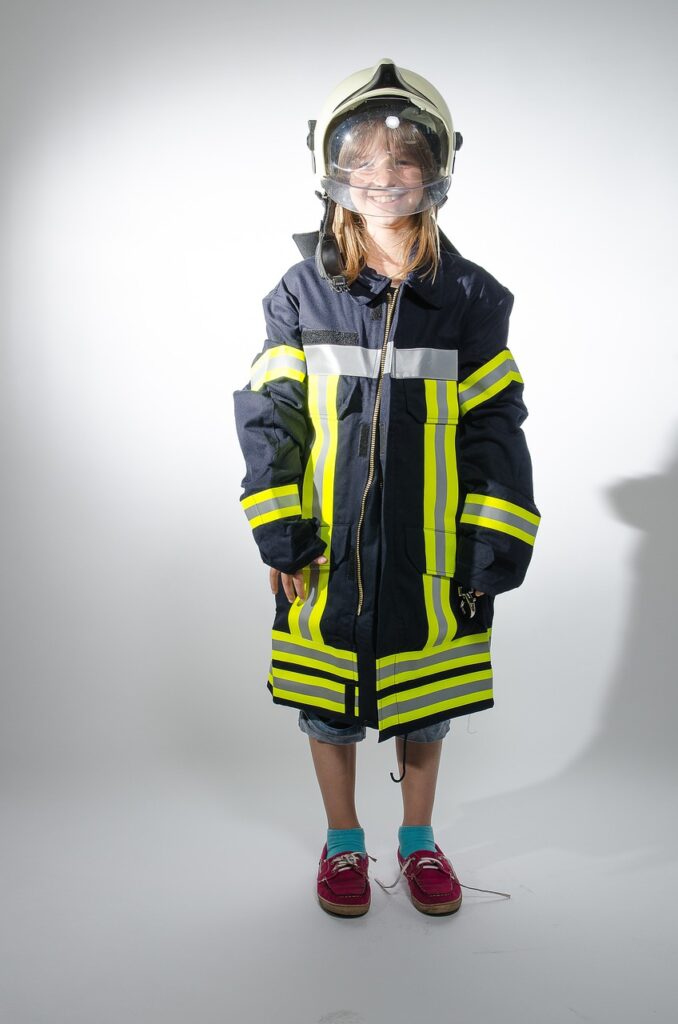Are you born or bred? What leads a person to first responder life? You find many people come from a family of first responders. Others are new to the lifestyle. So, which are you? And does it affect how you hold the position? Well, it can depend on a few things.
Born
Some families have multiple first responders and it even goes back generations. It seems like, for some, they’re born into first responder life and their future is certain from a young age. Some first responder families might be all fire, or all police, or all EMS. Some might be a mix. The common denominator is that they tend to have an attitude of service and they raise their children with that sense of duty. Sometimes they have that sense of grim humor too, but it comes with the territory.
Bred
Some don’t grow up in a first responder family. Some are not born but bred. They learn to help others and do what’s right as a child. They feel the calling through their family’s values and lessons of helping others. In efforts to put those lessons to action, they may lean into a first responder career.
Yet others have another way they are bred. Some suffer trauma and difficult times. They see the world differently, notice the poor, hungry, sick, or those in hard situations. They experience these things sometimes first hand. No one was there for them back then, so they decide they want to be there for others in the future. They enter a calling in the first responder world.
The Job
Whether you are born or bred, here you are in first responder life. You have a job to do, people to serve, a purpose. If that purpose has roots strong enough, whether through family, childhood upbringing, or personal conviction, you can survive the main stressors of the job. The hours, the lifestyles, call after call of other people’s emergencies. But no matter who you are, whether you were born or bred, you still bear some vulnerability.
We are all human. We have breaking points. True, some may be stronger, some may recover better or faster, but we all have them. The key is recognizing the need to rest, recharge, and regroup. The job is taxing for all of us and it carries the risk of secondary trauma. There’s a physical risk, yes, but the mental risk is almost more dangerous since it’s often ignored.
We are in a generation of mental health crises. Generations before did little to deal with much less prevent mental health issues. Those born into this life will attest to that. Perhaps it’s harder for them because they grew up seeing poor coping. Truly things are changing and they must. We need our responders; we love our responders. They are a lifeline to many. Let’s keep changing for the better, for all future generations.
